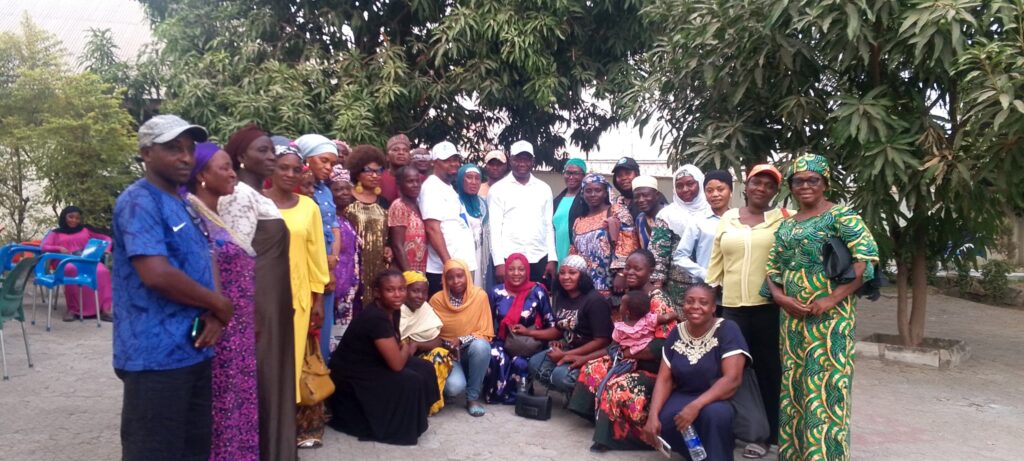By Abubakar Shuaibu.A Kogi State State Government has made a groundbreaking move to ensure the wellbeing of students in state-owned tertiary institutions. The Government entered into an agreement with the heads of these institutions to implement the Tertiary Institutions Social Health Insurance Programme (TISHIP). This program aims to provide students with access to good health and affordable healthcare. The beneficiary institutions include: - Prince Abubakar Audu University, Ayangba - Kogi State University, Kabba - Confluence University of Science & Technology, Osara - Kogi State Polytechnic, Lokoja - College of Education, Ankpa - College of Education, Technical, Mopamoro - College of Nursing, Ogbangede - College of Health Science & Technology, Idah - Nigerian Korean Friendship Institute, Lokoja During the signing of the Memorandum of Understanding (MOU) in her office in Lokoja, Pastor (Mrs.) Folashade Arike Ayoade, Ph.D, Secretary to the Government of Kogi State (SGS), addressed the audience. She emphasized that the benefits inherent in extending Social Health Insurance Programme to the students of institutions of higher learning cannot be quantified. The SGS noted that with the rise in healthcare costs in the country, the government has thought wisely to sign an MOU with the tertiary institutions to cushion the cost of medical bills for the students. According to Mrs. Ayoade, "there will be a need to create awareness among the students by involving the leadership of the student union and other critical stakeholders to understand and key into the Social Health Insurance Programme". She commended former governor Yahaya Bello for …
News Updates:
- Tuesday, March 3, 2026









